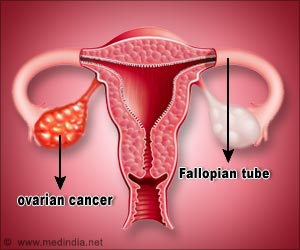A new study shows that patient-reported physical well-being can predict cancer prognosis better than clinician-interpreted tools.

Staying Patient-Centered During Cancer Treatment
An essential component of patient-centered care is shared decision making is a process in which the clinician and patient collate and discuss the available evidence on the benefits and harms of treatments, ensuring the most appropriate and informed decision is made for the patient. Two tools can be used during shared-decision making: the Eastern Cooperative Oncology Group performance status (ECOG PS), a tool interpreted by the doctor, and patient-reported outcomes (PROs), structured tools whereby a patient self-reports their perspective on their physical, social, emotional, and functional abilities.‘Listening to patients, and using tools that provide helpful independent prognosis information is important during cancer treatment.’





PROs are generally used as secondary data in clinical trials to help with interpreting results; however, they have recently shown to be important in providing a prognosis to the patient for cancer types including bladder, lung, and skin cancers, but their value to HER2-positive advanced breast cancer had yet to be fully explored.
Patients’ View Hold Clues About Cancer Survival
The study pooled data from several trials to look at almost 3,000 patients who underwent drug treatments for human epidermal growth factor receptor 2 (HER2)-positive breast cancer.They found that several patient-reported outcomes, including those on physical well-being and mental health, were identified as significant factors associated with either the patient’s overall survival of cancer, with cancer not progressing, or severe adverse events during treatment.
The results indicate that information provided by the patients themselves was better able to predict their reaction to the treatment and their overall prognosis than the clinician-interpreted scores.
Significantly, patient-reported physical well-being was found to be the most useful patient-reported outcome in determining a diagnosis for all available treatment outcomes.
In some cases, the study found very different results between the clinician-based data and the patient-reported data.
Advertisement
Therefore, clinical practice must transform to place a greater emphasis on the patient’s perspective and voice.
Source-Medindia















